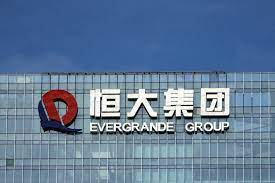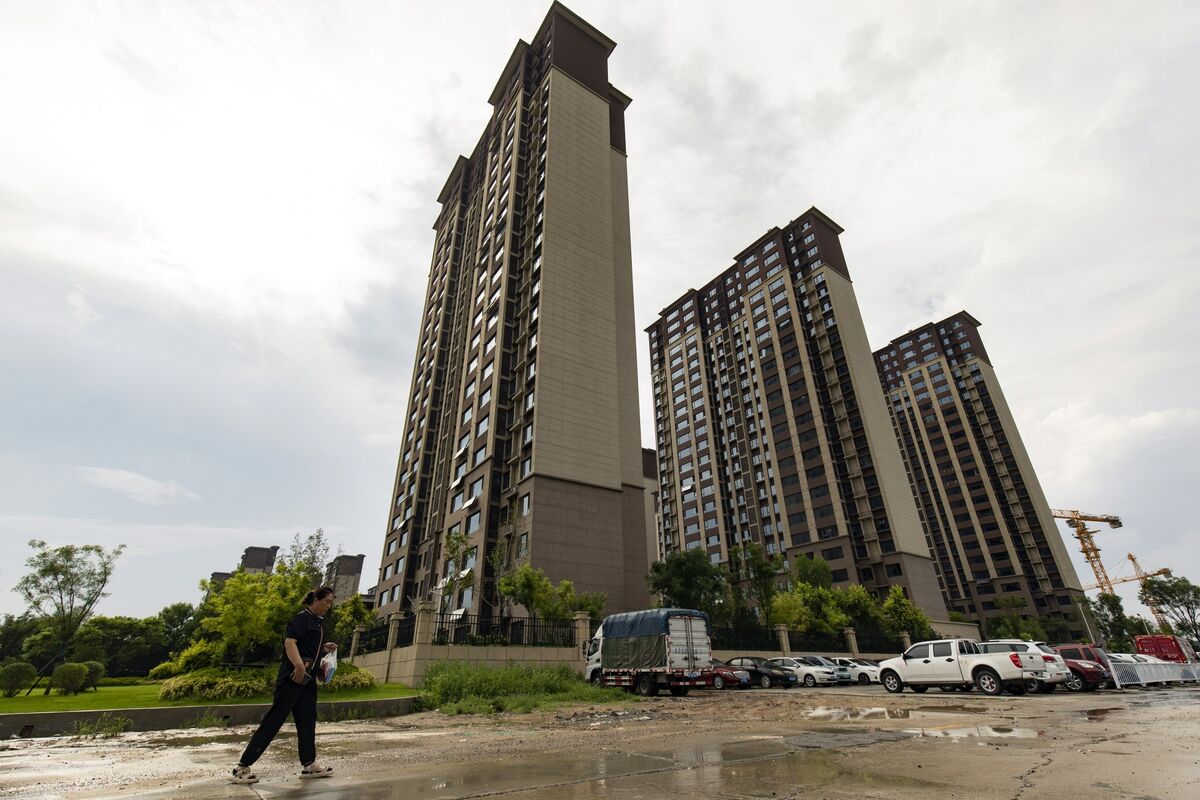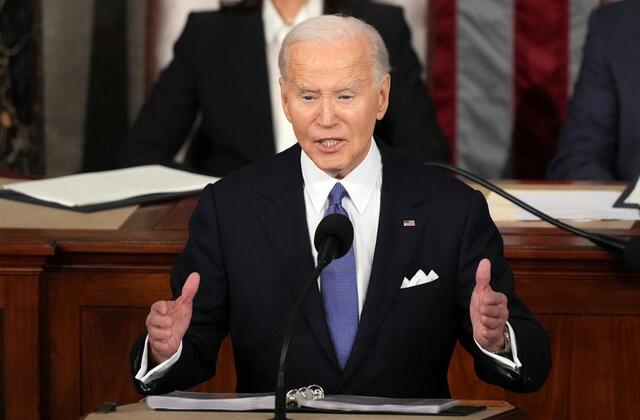Country Garden’s Debt Default
It is believed that Country Garden, the largest private property developer in China, has become the most recent real estate behemoth to default on its foreign debt.
Implications for China’s Economy
A default on the company’s onshore loans and $11 billion (£9 billion) in debt would constitute one of the largest corporate debt restructurings in the nation.
Its potential default heightens concerns regarding China’s recovery from the pandemic.
Challenges in the Property Market
The property market in China is experiencing significant repercussions due to its substantial accounting contribution of one-third to the country’s economy.

Economic Impact and Market Concerns
According to the most recent data, the nation’s economy expanded by 4.9% during the three-month period spanning from July to September. That is at a lesser rate than the second quarter’s 6.3% expansion.
Despite the implementation of several initiatives by Beijing to stimulate housing demand, property sales have remained below those of the previous year.
According to the most recent data, real estate investment in the nation decreased by 9.1% during the initial nine months of the calendar year.
The financially troubled Country Garden disclosed an unprecedented loss of $6.7 billion (£5.2 billion) for the initial half of the year in August. In the event that Country Garden’s default is substantiated, its offshore creditors will initiate discussions with the company’s financial advisors to initiate a restructuring procedure that, considering the magnitude of the debt, may span several months.
“This will reignite our concerns regarding the Chinese housing market,” said Raymond Cheng, chief investment officer for North Asia at Standard Chartered.
“Markets will likely seek a more coordinated policy approach in order to restore confidence and trust the market,” added Mr. Cheng.
Ongoing Issues and Evergrande’s Influence
It was the declaration of default by Country Garden’s competitor Evergrande in 2021 that precipitated the current real estate market crisis in China. The Evergrande chairman is under police surveillance.
In 2020, the introduction of new regulations governing the amount of capital that large real estate firms could acquire shook China’s real estate sector.
Once China’s best-selling developer, Evergrande accumulated debts exceeding $300 billion during its rapid expansion to become one of the largest corporations in the country.
Following in its footsteps, a number of other developers in the nation’s real estate sector have defaulted on their debts and abandoned unresolved construction projects as a result of its financial difficulties.
China has weak economic growth, rising local government debt, and record young unemployment.





